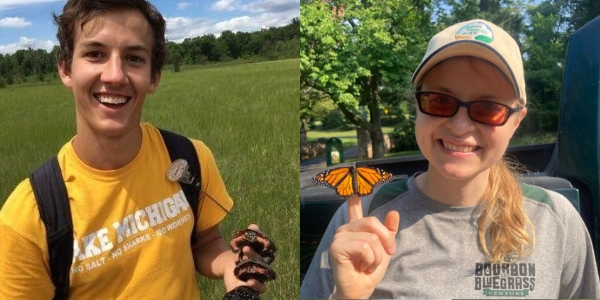Brazilian Amazon deforestation largely occurring on private lands
Since 2012, more than half of forest loss in the Brazilian Amazon has occurred on private lands, according to a new study highlighting the impact of Brazil’s landowner-friendly policies.

The findings by an international team including EEB core faculty member Jianguo "Jack" Liu were published in the Nature portfolio journal Communications Earth & Environment. For decades, Brazil’s 1965 Forest Code required landowners to grow native vegetation on up to 80 percent of their property, but a 2012 update weakened these requirements and granted amnesty to landowners who had cleared forest illegally, freeing them of their obligation to replant deforested lands.
The new study found that granting amnesty discouraged the restoration of more than 26 million acres of farmland, an area larger than Greece. This land could have sequestered some 2.5 billion metric tons of carbon, more than the annual emissions of India.
With weakened regulations and lax enforcement, since 2012 private lands have accounted for more than half of all forest lost in the Brazilian Amazon, according to the study, which analyzed data on land use reported by property owners.
Liu, Rachel Carson Chair in Sustainability is director of MSU's Center for Systems Integration and Sustainability.
Read more in Yale Environment 360



